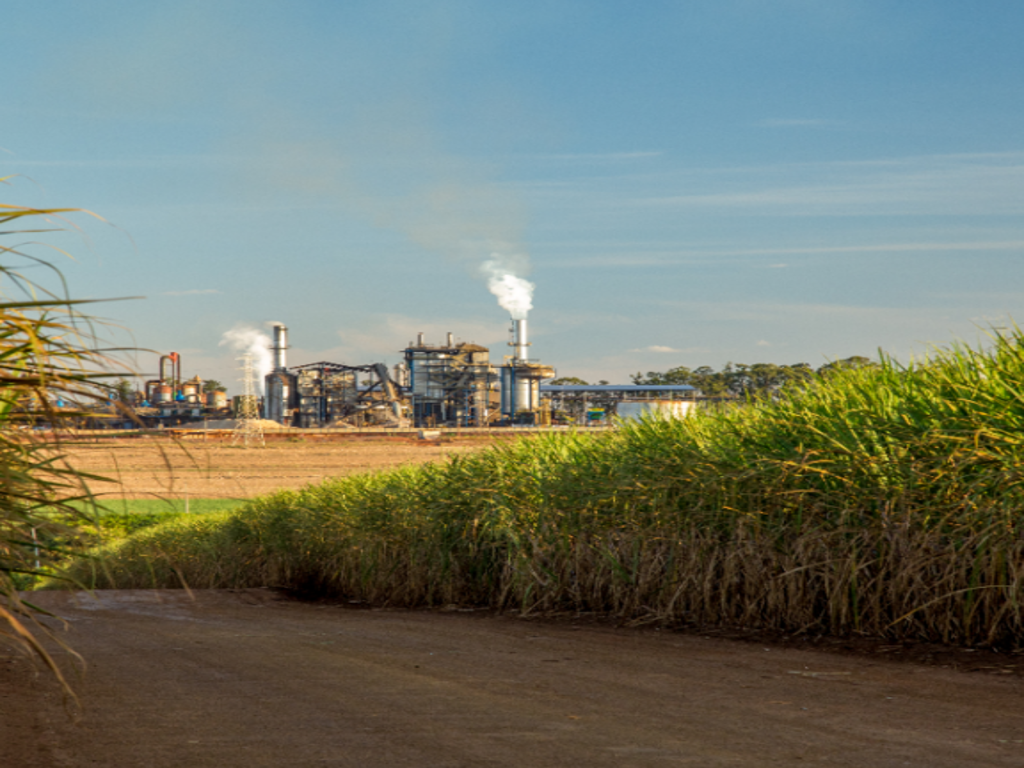In recent times, the Kenyan sugar industry has often been painted with the brush of failure. Stories of struggling state-owned mills and financial woes dominate the headlines, creating a narrative of an industry on the brink. However, there is a side to this story that often goes unnoticed - the remarkable success of private mills that are not just weathering the storm but thriving. It's time we shift the narrative and recognize the positive strides made by the private sector in shaping the future of the Kenyan sugar industry.
The common refrain is that the Kenyan sugar industry is in dire straits due to mismanagement, outdated infrastructure, and policy challenges. While these issues certainly exist, we cannot ignore the beacon of hope that is the private sugar mills. These entities have not only managed to navigate the challenges but have emerged as beacons of efficiency, innovation, and economic sustainability.
Private Mills as Pillars of Success:
One of the key reasons private mills are thriving is their ability to adapt to changing dynamics. Unlike their state-owned counterparts, private mills have demonstrated a remarkable agility in embracing modern technologies and best practices. They have invested in cutting-edge machinery, implemented efficient supply chain management, and adopted sustainable farming practices. The result? Increased productivity and higher-quality sugar production.
Innovation in Agriculture:
Private mills have been at the forefront of adopting precision agriculture, leveraging technology to enhance the entire sugarcane cultivation process. From smart irrigation systems to data-driven decision-making, these mills are ensuring that the sugarcane supply chain is not just efficient but also environmentally conscious. Innovation in agriculture is not a buzzword for them; it's a strategic imperative.
Economic Contribution:
Beyond the fields, private mills are making significant contributions to the economic landscape. They are creating employment opportunities, fostering skill development, and contributing to the overall economic growth of the regions they operate in. By operating efficiently, they are not just sustaining themselves but also becoming catalysts for broader socio-economic development.
Policy Advocacy for a Level Playing Field:
It's essential to recognize that the success of private mills does not absolve the industry from its challenges. Policy shortcomings, market dynamics, and global trade intricacies still pose hurdles. However, the success of private mills should serve as a catalyst for policy reform rather than perpetuating a narrative of industry-wide failure.
Collaboration for a Resilient Industry:
For a resilient and thriving sugar industry, collaboration is key. The success of private mills should be seen as an opportunity for knowledge sharing and collaboration with state-owned mills. Rather than dwelling on the failures, the industry stakeholders can collectively work towards a shared vision of a robust and sustainable sugar sector.
This author believes that t's time to shift our gaze from the perceived failures of the Kenyan sugar industry and acknowledge the success stories that are unfolding within the private sector. These success stories are not just isolated instances; they are indicative of the potential for revival and growth within the industry. By recognizing and celebrating these achievements, we can chart a course for a more vibrant and prosperous future for the Kenyan sugar industry. Let us not be bound by the narrative of failure; let us embrace the narrative of resilience, innovation, and success that private mills are scripting in the heart of the sugarcane fields.

